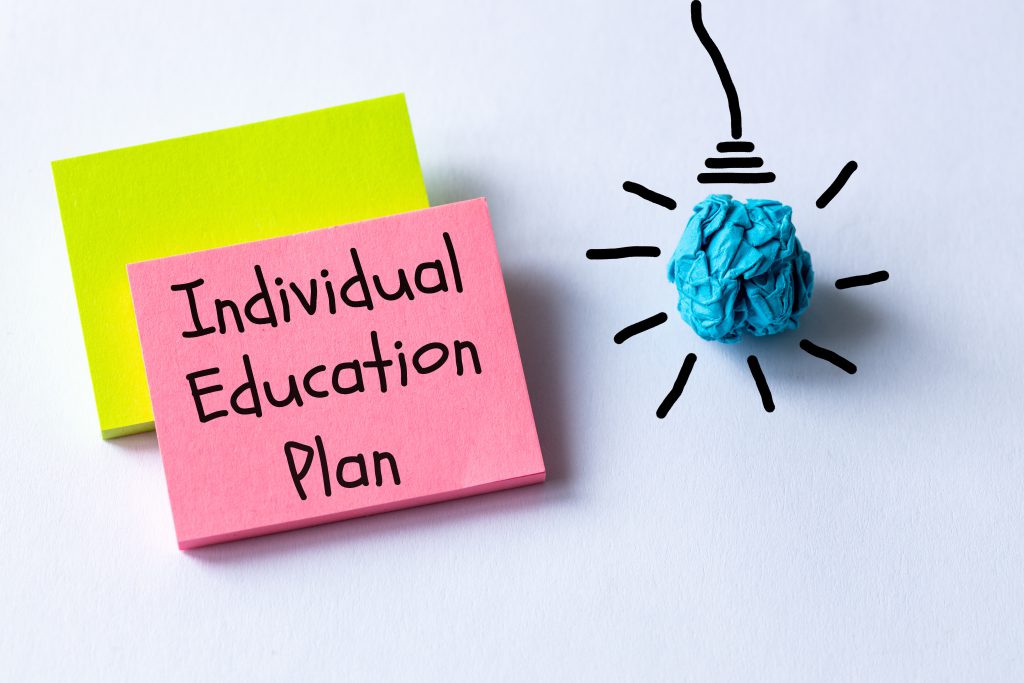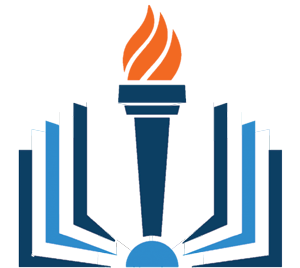
Individualized Education
In communist countries like Russia and China, public education of their youth is just a means to an end. They don’t primarily care about individual students or the goal of maximizing their potential. All they care about is molding the next generation of workers and loyal citizens who will bring collective success to their society, economy, and country. While there are certainly collective side benefits to public education, I believe that the success of each individual student should be our primary focus.
Here are some of the main points I want to make about individualized education:
An ‘IEP’ for Every Student

During my time at Perkins School for the Blind I began to appreciate the benefits of the Individualized Education Plan (IEP). It allows the teaching team, along with school administrators and parents, to formalize individualized learning objectives for each student. The IEP Team meets regularly to assess the progress that the student has made towards meeting those objectives. If progress is not going as well as it was hoped to, new teaching methodologies can be adopted and amended into the IEP.
A formal IEP is a legal document and a process that is currently reserved exclusively for students who have been diagnosed with physical, emotional, or learning disabilities. However, I believe that an informal IEP process would benefit every student in our school system. We might not have the human and financial resources to be as granular and specific in regard to educational objectives and teaching methodologies for “normal” students. However, with a little bit of creative design and effort I believe we could implement an ‘IEP’ for Every Student program that will benefit every student in our school district.
A Return to a Liberal Arts Education

I am a firm believer in the benefits of a liberal arts education. In combination with teaching students the basic knowledge and skills they need to get through life as adults, we need to be exposing our students to the great breadth of human knowledge and inquiry. Our goal should be to help students become critical and independent thinkers. Our goal should be to educate our students enough about the human race; its past, present, and future, so that they have the ability to decide for themselves what role they will play in the human story once they become adults.
However, it appears that our school district has strayed away from a traditional liberal arts curriculum and turned our schools into vocational training centers. To the greatest extent possible, our students need to learn the basics of science, math, language and literature, history, and social studies. Not every student is destined for college or university, but being exposed to these subjects is vital for every student, so that they can become the adult they were meant to be. Leave the vocational training to our local community colleges and technical schools.
Assessing Educational Quality

Too often we judge a student’s progress based solely on the results of standardized tests. Besides the fact that these tests often don’t accurately track progress they have made in a subject area, teachers will often “teach to the test.” This means that a lot of other valuable, but non-assessed learning will simply never occur. Once we adopt an individualized education plan, we can simply assess educational quality on the basis of how well the student achieved their individualized educational goals. We can still give out letter grades to students that are based on objective and standardized criteria. However, we now have a much better way to review a student’s overall academic progress.
Too often our teachers, schools, and school district are also assessed on the sole basis of things like graduation rates, the median score of their students’ performance on standardized tests, or the median grade letter performance of their students. Because school districts, schools, and teachers want to be seen as successful, this may lead some of them to be unscrupulous by doing things such as: lowering the requirements for graduation. fudging cumulative result scores on standardized tests, or by creating way too generous bell curves for their letter grading. After adopting an individualized education program, assessing educational quality becomes a much easier and more honest endeavor. We simply need to analyze the progress of the students these groups are responsible for in achieving their educational goals that are spelled out in their informal IEP.
My Rationale

All of us are individuals and are unique. Whether it be through genetics, experience, or a combination of both, we all have our strengths and weaknesses, preferred ways of learning and perceiving the world, and our own unique identity. Although children are still in the process of human development, they too are unique.
I believe that this diversity and uniqueness is what God, our Creator, intended. Each one of us is made in the image of God. Each one of us is equally loved by him. Each individual student is a gift from God, uniquely reflects his greatness, and is meant to be equally appreciated and nurtured. Although we might not recognize it or admit it, all too often our school district ignores the uniqueness of every student. School administrators want to classify and homogenize students into artificially created groups of students to make their task of managing our education system easier for themselves. This is truly the wrong approach.
Got Questions?
If you have a question about an individualized education topic that I did not cover, or if you just want to discuss a topic I did cover in more detail, then please feel free to Contact Us. I will always make time to listen to voters!

